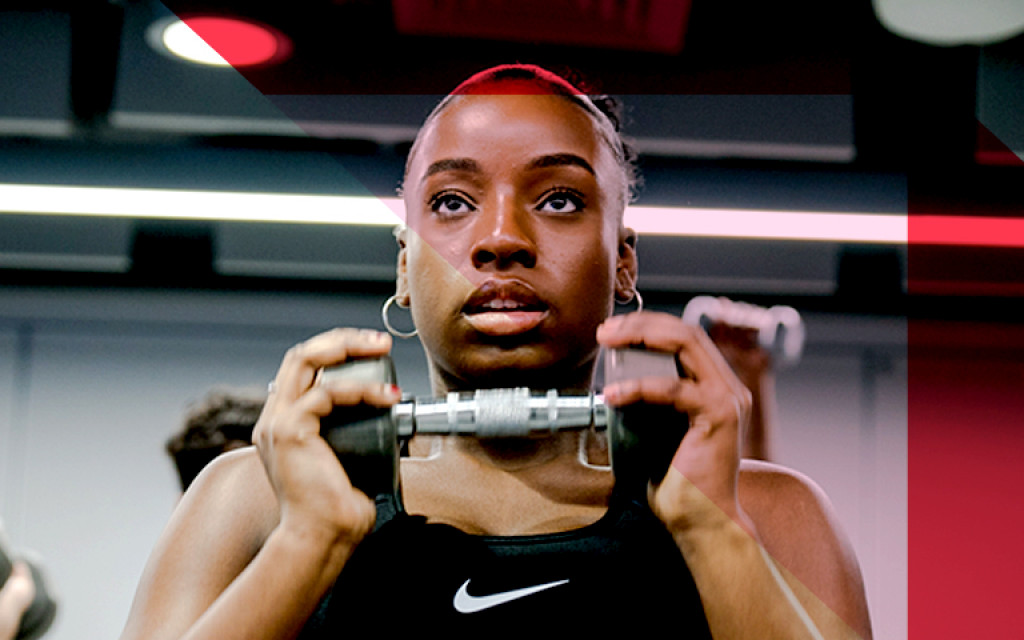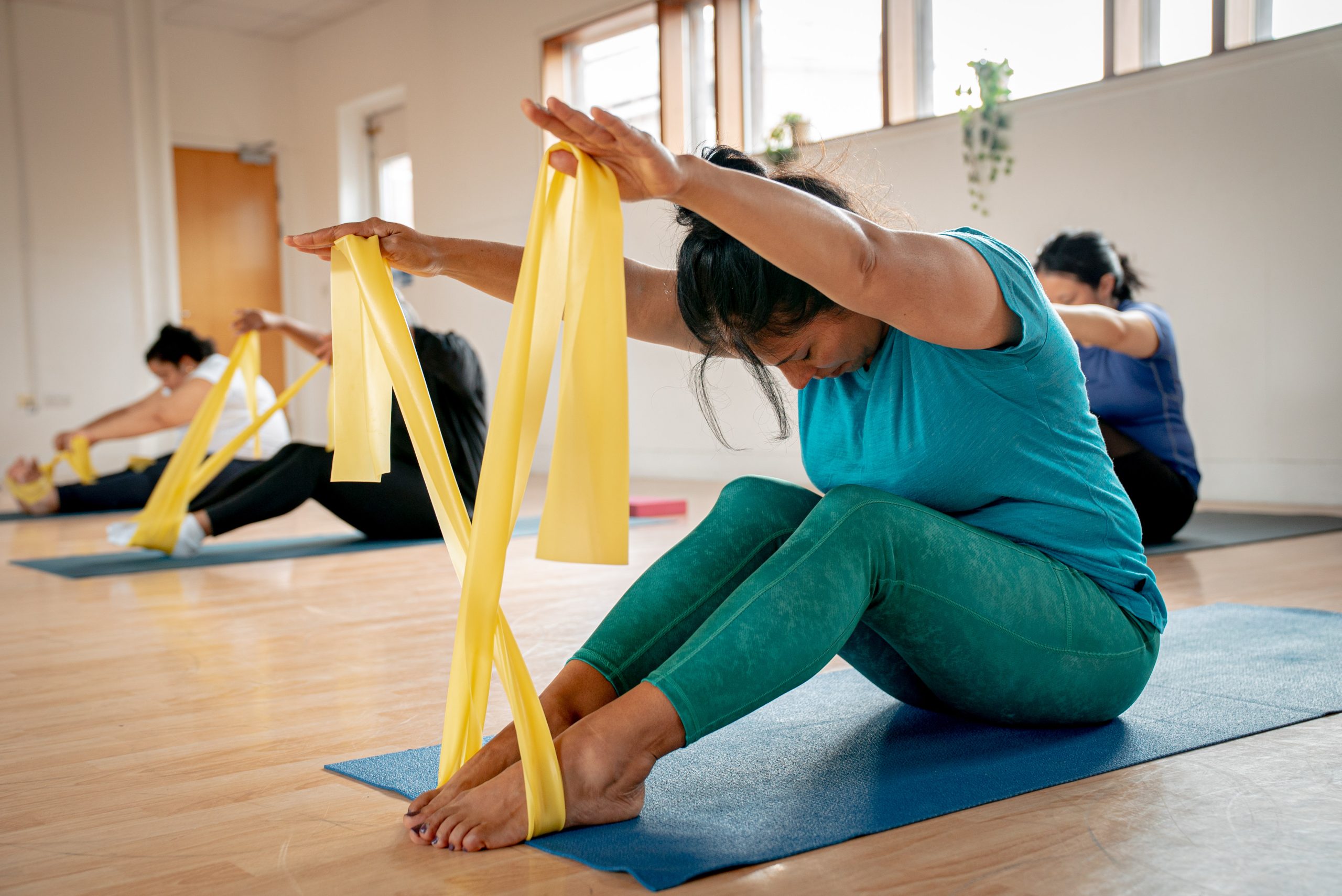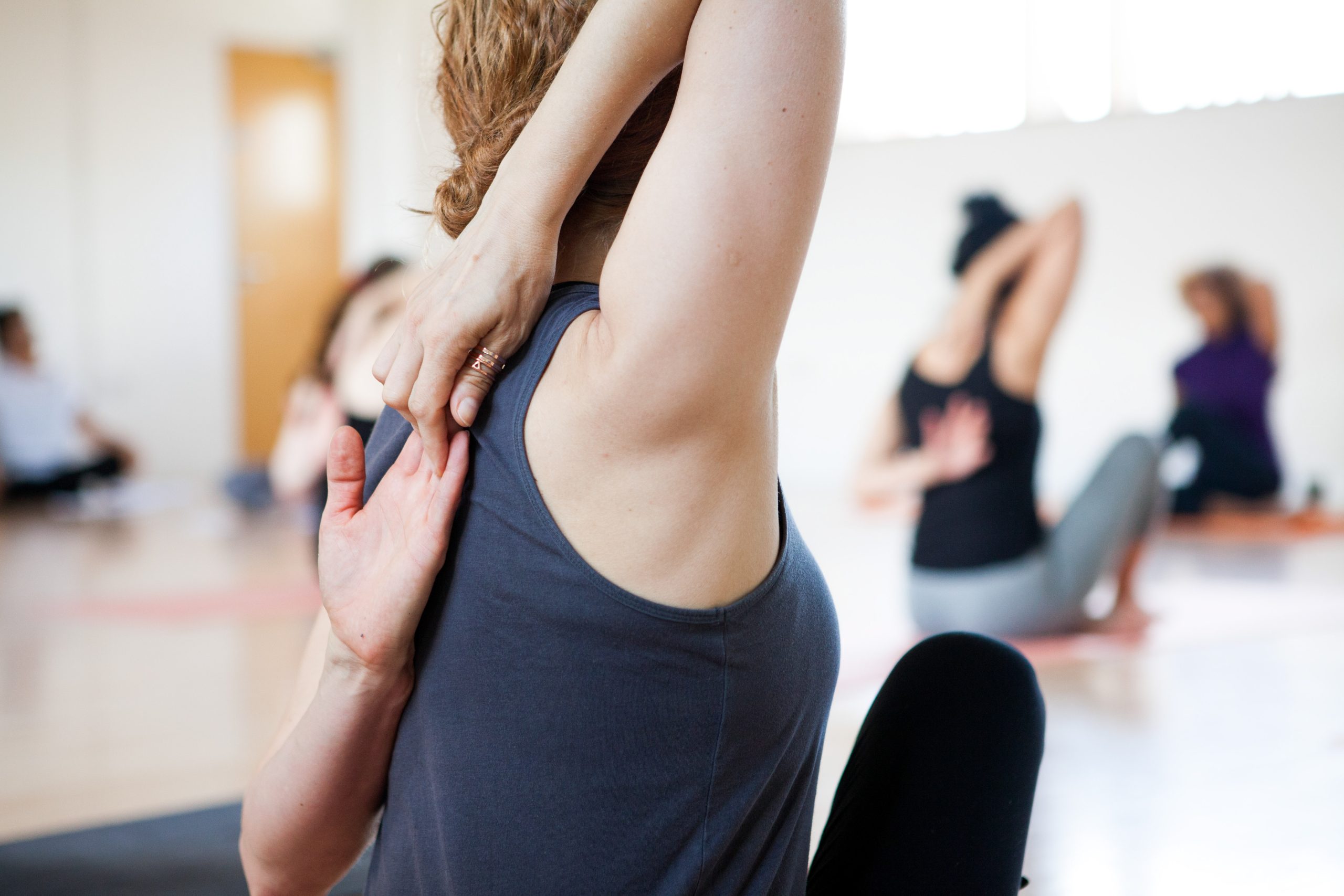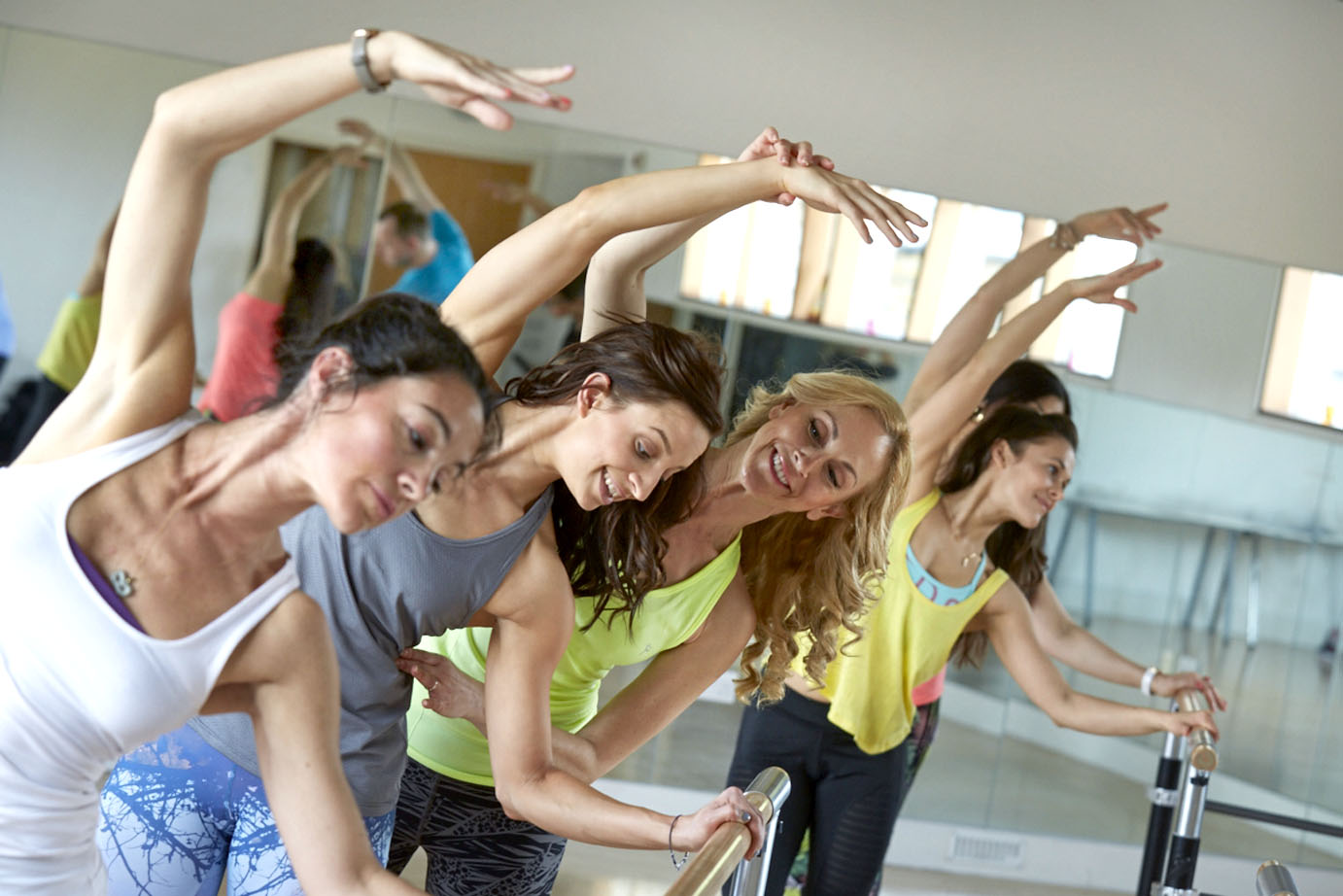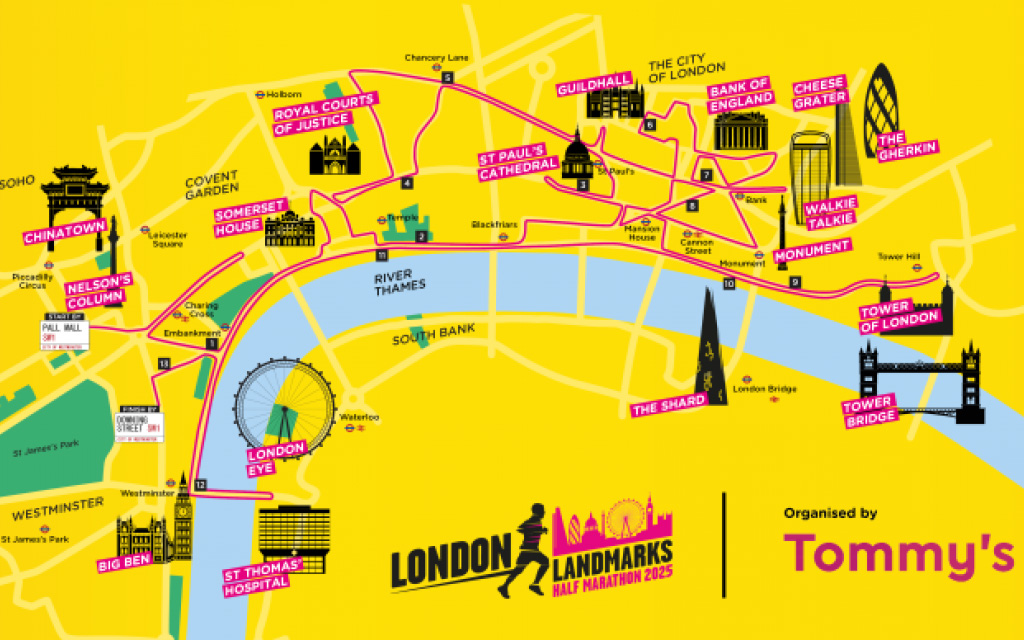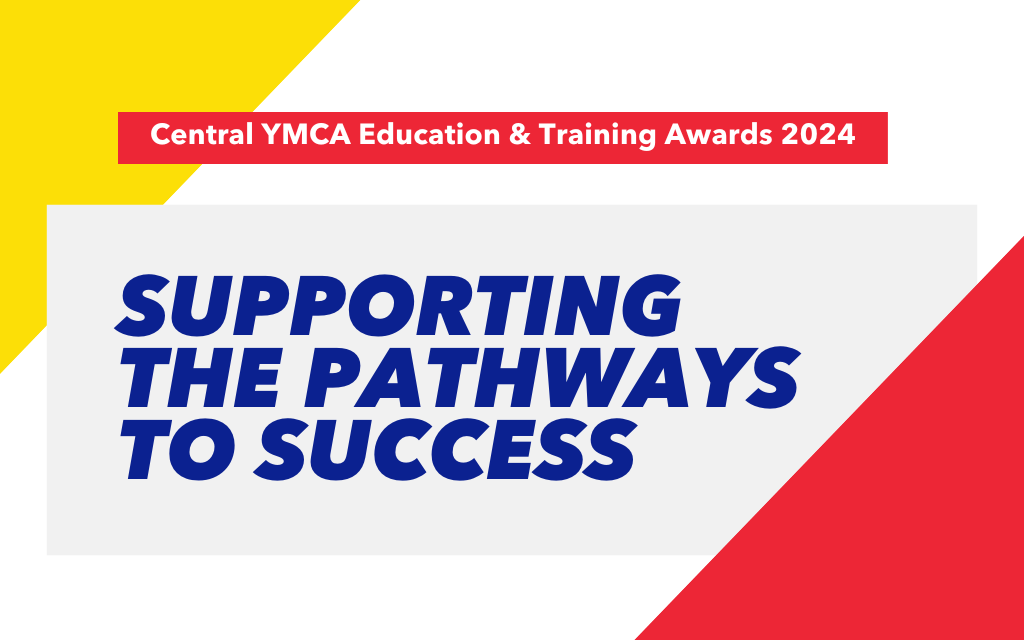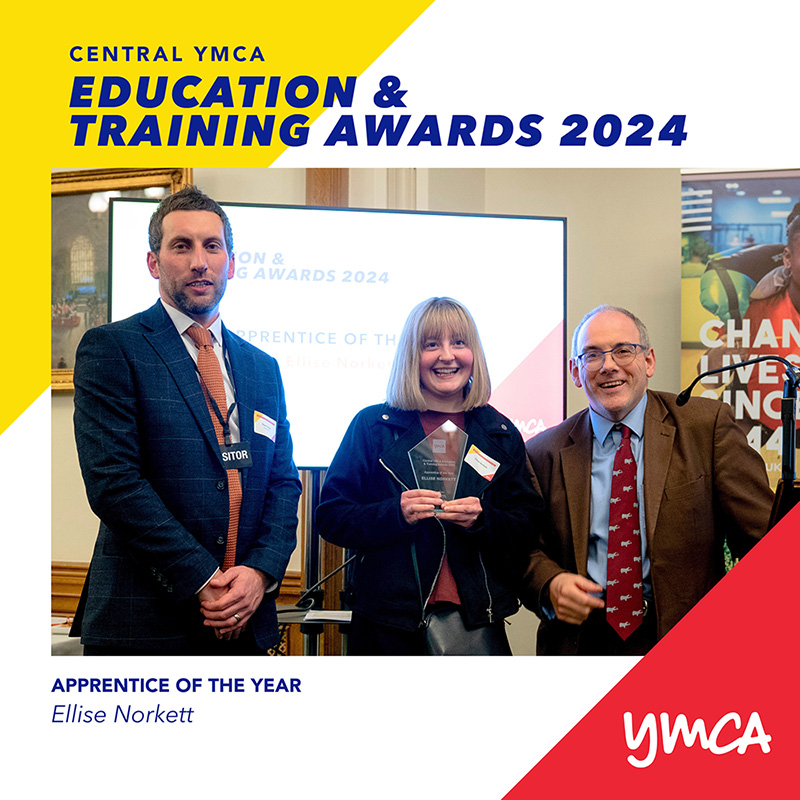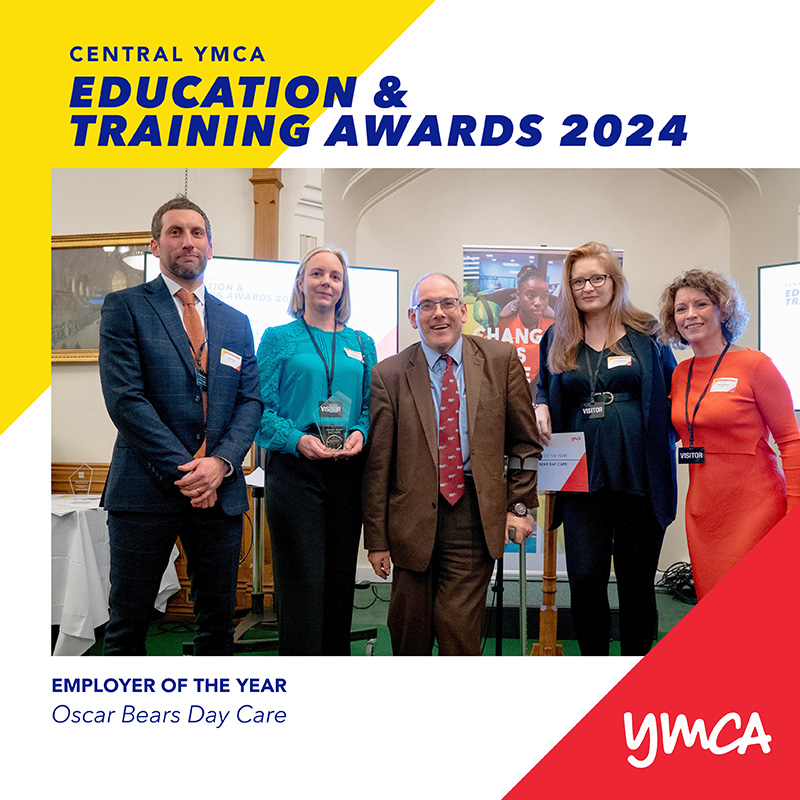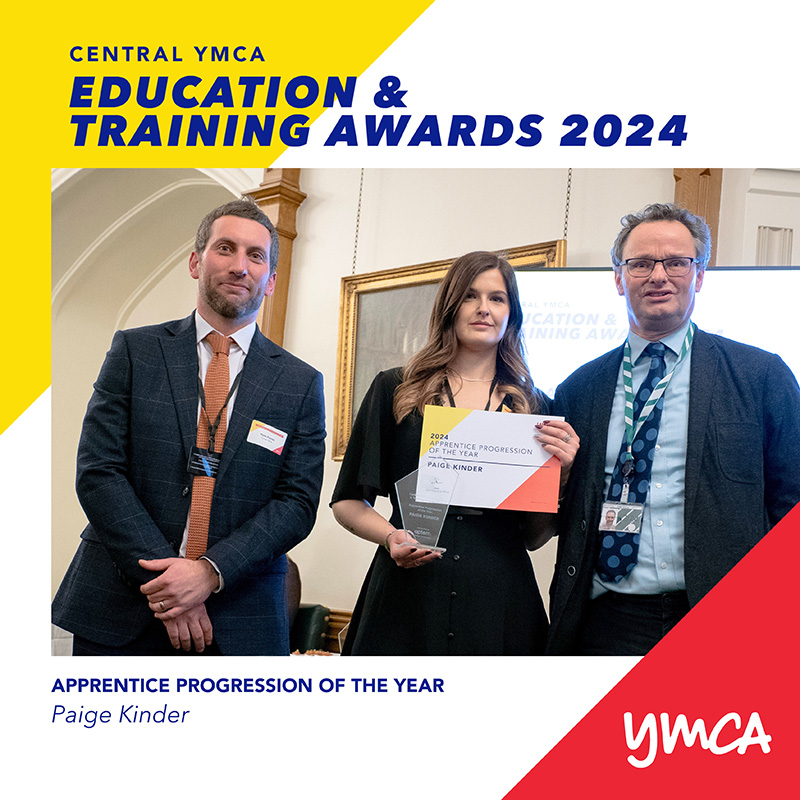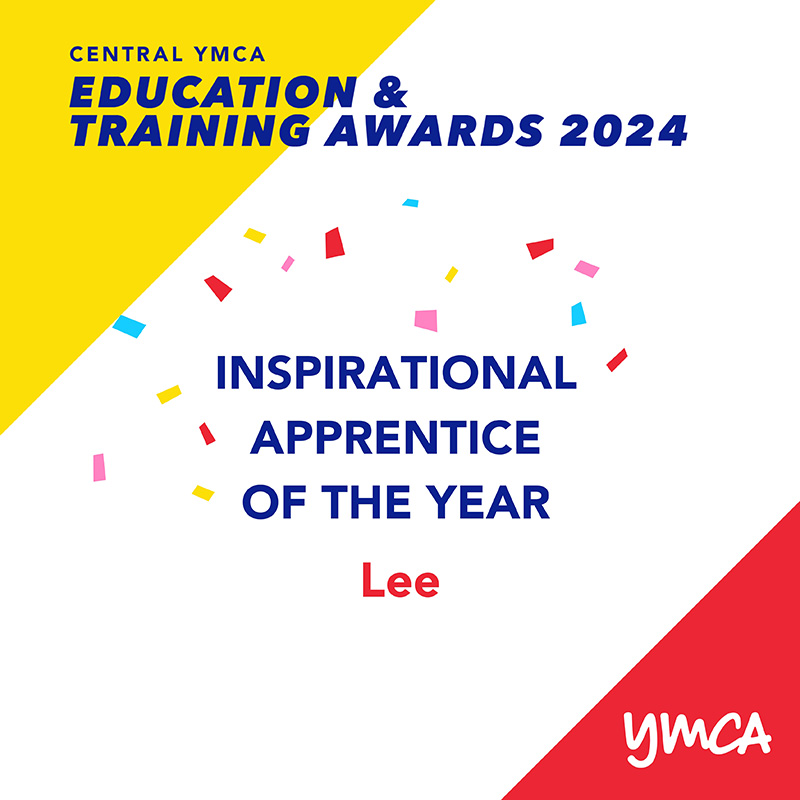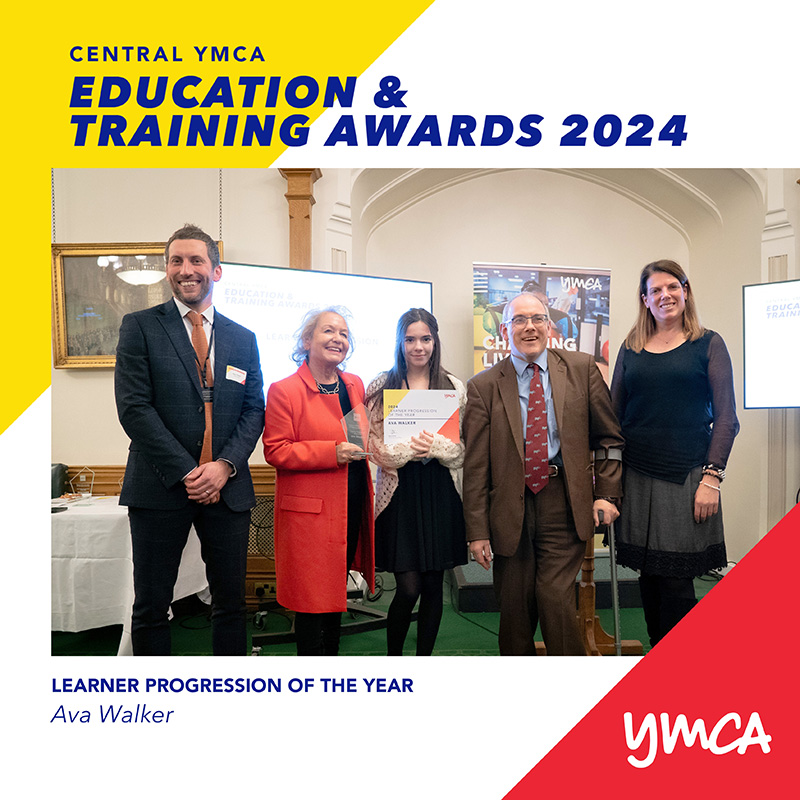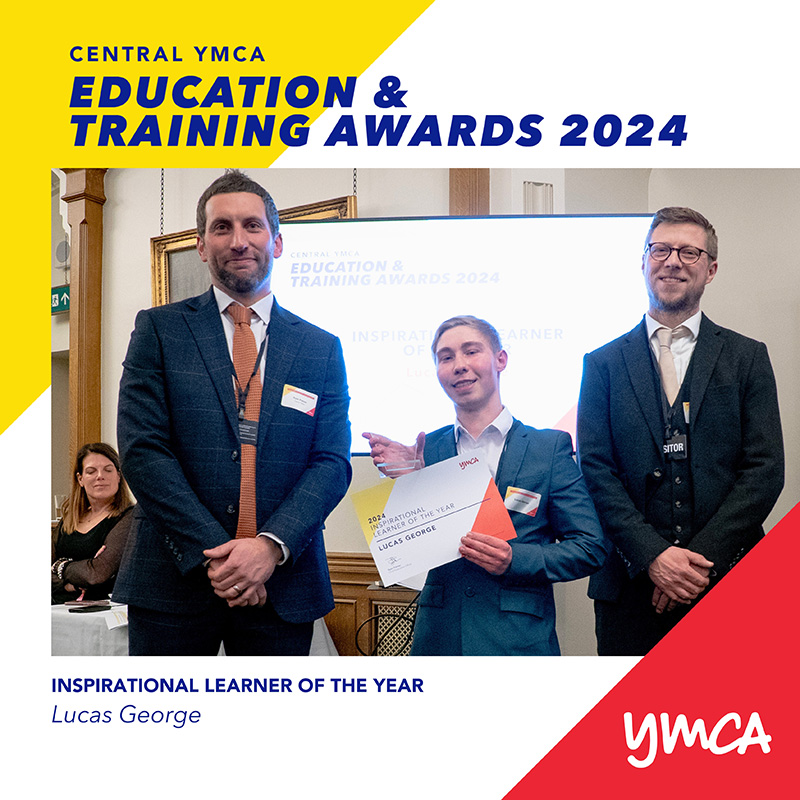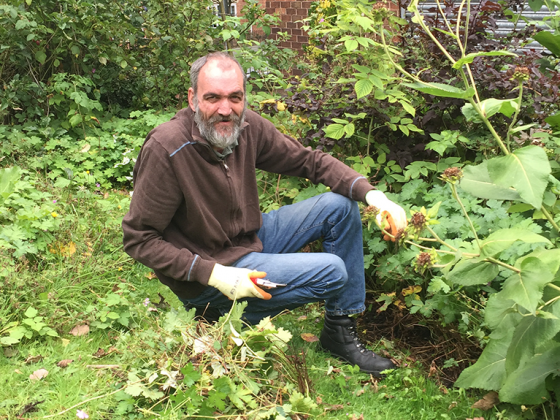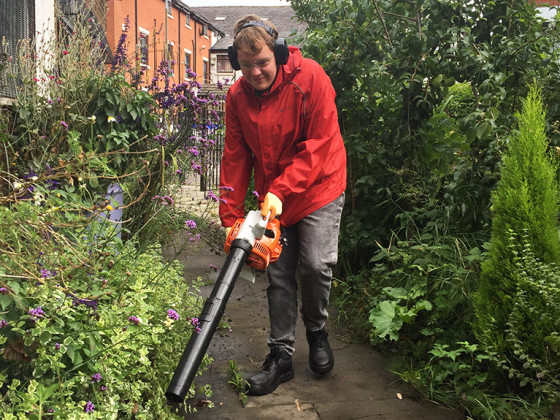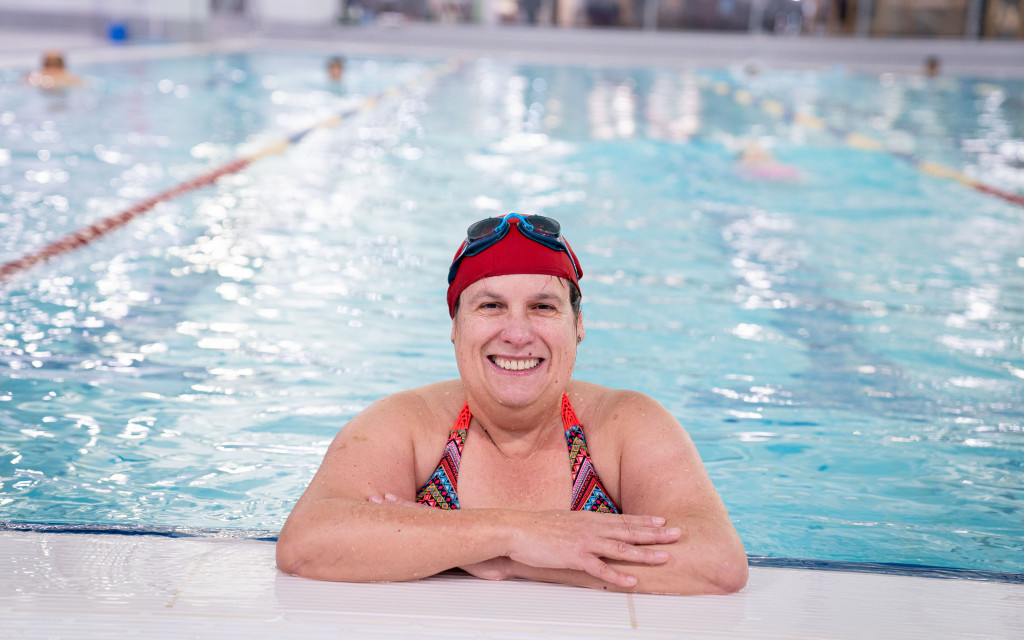How are things going with work? Are you just as passionate about what you do now as the day you started? If yes, that’s incredible! But if you find yourself dreading Monday mornings and aren’t feeling that spark of excitement anymore, maybe a new career is the fresh start you need.
It can feel scary going outside of your comfort zone and trying something new as an adult. But there are also so many incredible benefits of changing career that can help bring you a sense of purpose, better work-life balance, and a feeling of achievement. No matter where you’re at in life, it’s never too late to change careers and follow your passions!
There are lots of reasons why you may consider retraining:
Your interests have changed. How many people can honestly say they love all the same things that they did at 16 or 18 when they began working toward their initial qualification or apprenticeship? Retraining and entering a new career can help you find something that is more in line with the interests and values that you hold at this point in your life.
You want to advance in your industry. Retraining doesn’t necessarily mean changing up your career path and industry altogether. Completing a new course, apprenticeship, or Skills Bootcamp on the side can help you gain the skills needed to advance to a more advanced role in your current sector. You may even choose to stay with the same company – just in a higher management-level position or in a specialised role different to your current one.
You’re feeling stuck, bored, or unmotivated. We spend a big chunk of our week at work, so ideally, you’ll want a career that you enjoy. If you’re feeling bored and unmotivated for 40 hours each week, that will begin to impact both your physical and mental health and may start seeping into other aspects of your life too.
We all want to feel a sense of purpose in our careers. Sometimes, all you need is a new challenge to reignite that passion in you. Of course, there’s always an element of risk anytime you try something new like embarking on a new apprenticeship programme, educational course, or Skills Bootcamp. But that risk could also turn out to be the best decision you ever make – you’ll never know until you try!
If you’re thinking of taking the plunge, here of some of the specific benefits that you my experience after changing careers:
Learn new skills
It’s never too late to learn something new! Not only will a new course or apprenticeship teach you the skills needed to change careers… learning new things as an adult also helps keep your brain sharp, helps you to grow as a person, and it can also be a lot of fun!
Feel a sense of accomplishment
This is one of the best parts of pursuing a career you love! It’s amazing to feel a sense of purpose and like you’re making a difference with what you do.
Do something you truly enjoy
On average we spend 40 hours a week for around 40 years of our lives working. When we dedicate so much of our lives to doing something, it feels so much better when it’s something you enjoy!
Experience more freedom
Changing up your career could reward you with more free time to spend with loved ones or to focus on your hobbies. For example, you may switch to a career with more flexible working hours or one that allows you to work remotely.
Leverage your existing skills
When you decide to change career paths, you’re not starting from scratch. If you are pivoting into a related industry, there will likely be a decent amount of overlap with skills. But even if you are going in a completely new direction, everything you learned in previous roles will still be valuable, particularly “soft skills” like communication, time management, teamwork, and leadership skills.
Potentially earn a higher salary
While we don’t believe money should be the main motivator, a higher salary is just one of the many benefits people may experience when changing careers.
Embrace a new challenge
If you’re someone who enjoys trying new things and getting outside of your comfort zone, there’s a good chance you’ll love taking on a new qualification or apprenticeship opportunity. If you’ve been working in the same role for a long time, you may be feeling bored or stagnant and taking on a new challenge will provide you with plenty of new experiences.
Prove your dedication to future employers
It takes a lot of courage and ambition to make a career change. Once you complete your apprenticeship and start applying for new jobs, this will likely help you stand out to employers as it will prove that you’re passionate, hardworking, and willing to go outside of your comfort zone.
Find a less demanding career
If you’re beginning to feel burnt-out in your current role, you may consider changing careers to find something that’s less demanding and draining. This means something different for everyone – it could mean working fewer hours, swapping from a physically-demanding career to something desk-based, or taking on work that is more interesting and mentally fulfilling.
Meet new people
By completing a qualification or apprenticeship and trying new work opportunities, you’ll meet a whole bunch of interesting and inspiring people, including co- learners and mentors who can help you adjust to a new career path.
Have a change of scenery
Sometimes entering a new environment is all we need to feel freshly inspired!
Avoid burnout
If you’re in a high-demand role, it’s easy to get burnt out. And when you start to feel burnt out from work, that stress and fatigue can sneak into your personal life as well, impacting your health and the way you are with friends and family. Finding a job that you really enjoy can reduce the risk of burnout significantly and help you feel much more relaxed and satisfied in your day-to-day life.
Feel a newfound excitement in your career
Many of us feel excited and ambitious when we first begin working, but as the years pass by and you settle into a routine, that passion may start to dim. When you take on a new challenge or begin a new job, you’re likely to experience a newfound sense of hunger and excitement that’s been missing from your professional life for a while!
Are you curious how much your life could change by retraining in a new career? If you’re wondering where to start, we want to help! We offer a variety of qualification courses and training opportunities for people of all ages and at every stage of life. In addition to our educational programmes, pre-apprenticeships, and apprenticeships designed for young adults, we also offer a variety of opportunities for adults of all ages. Apprenticeship opportunities span several different industries and are available in locations all over the country. We have also recently launched a series of Skills Bootcamps to help people begin a career in Early Years Education. Click the links below to learn more about our various programmes:
Study Programmes
Pre-Apprenticeships
Apprenticeships
Skills Bootcamps
Want to learn more about one of our programmes? Fill out this form, and someone from our team will be in touch to help you get started and get you on your way to designing your dream life.
